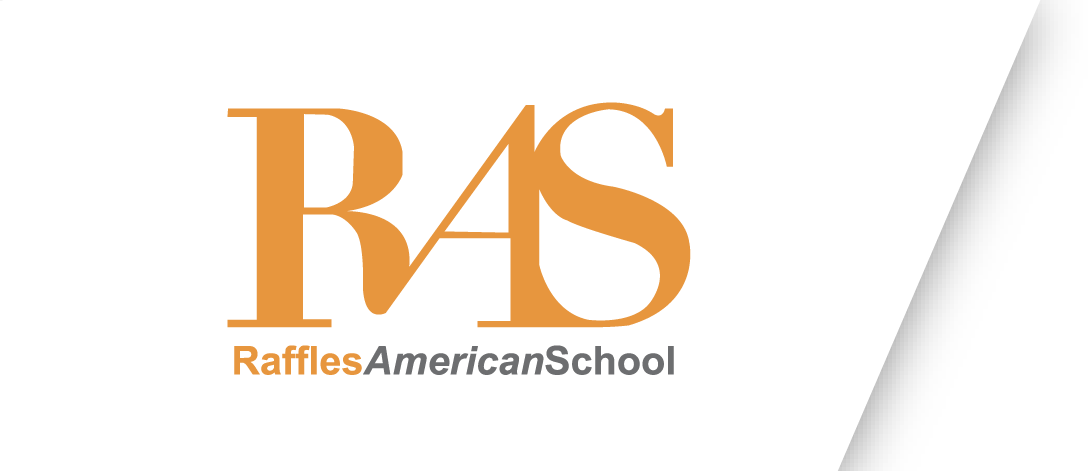Middle School
“Middle school is where students begin to explore their passions, discover their strengths, and build the skills they’ll carry into the future. Our program nurtures curiosity, resilience, and a sense of belonging—
preparing students for success in high school and beyond.”
Middle school is a time of transition, where students move from the familiar environment of elementary school to a new academic and social identity. At Raffles American School, Middle school students thrive in a nurturing environment that promotes both academic and social-emotional growth. Through daily advisory meetings and support from our counselors, students feel connected and supported, learning to value themselves and build a stronger self-esteem through positivity.
Furthermore, the Middle School Program emphasizes project-based learning, an immersive approach that fosters academic progress and self-reflection. This method prepares students to navigate both challenges in academic and social dynamics. Our dedicated and experienced faculty provide strategies in time management, organization and planning, equipping students with the skills they need to meet program expectations as they continue their learning journey through middle school.
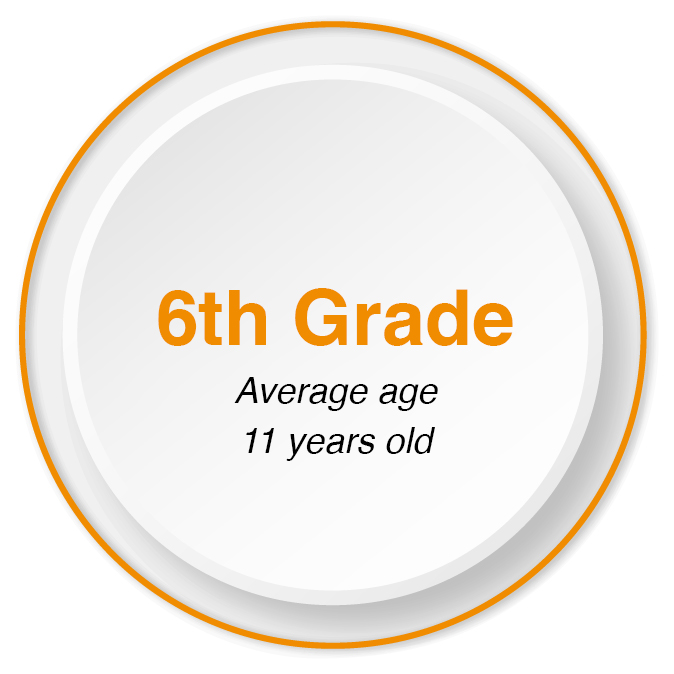
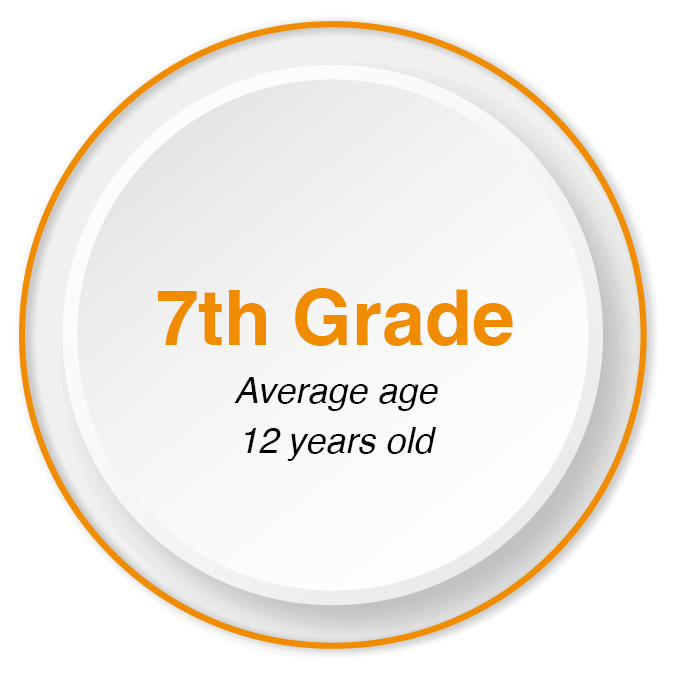
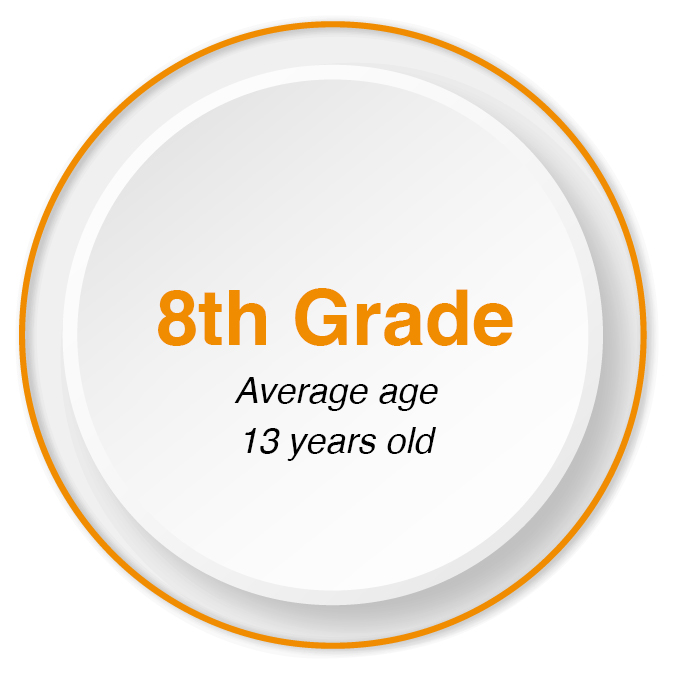
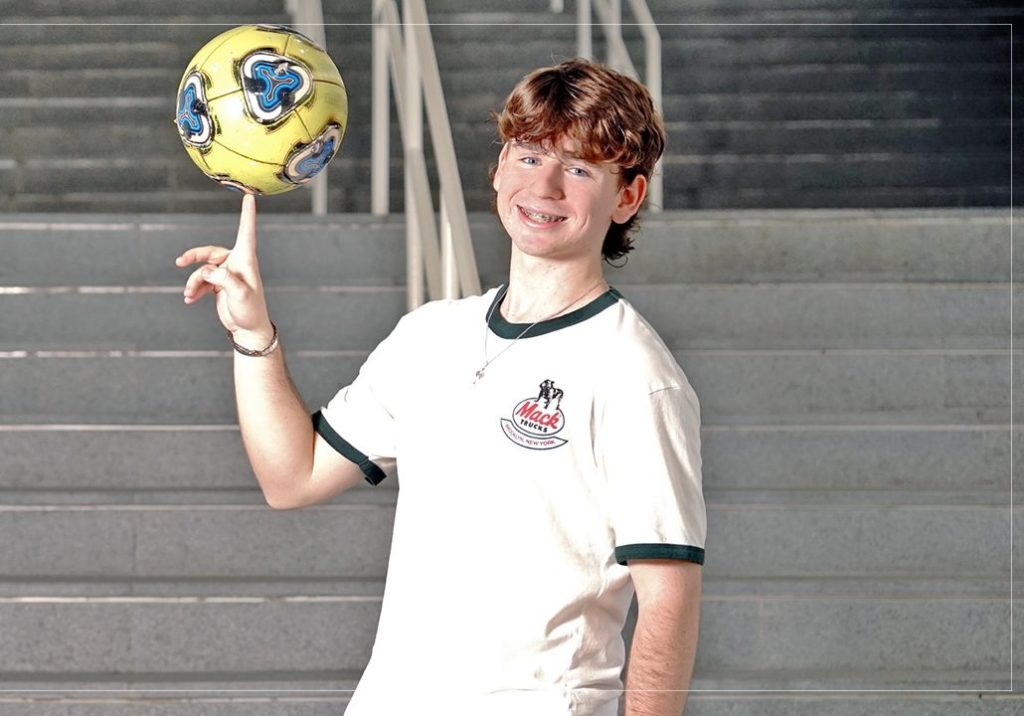
“Hello, my name is Rory, a 2024 graduate from Raffles American School, Malaysia. I joined RAS in 2015 and have loved watching it grow. Our campus, with its incredible facilities like gymnasiums, swimming pools, football pitches, and a planetarium, has been central to my passion for sports and extracurriculars. From triathlons to football tournaments and productions in the auditorium, RAS has given me countless opportunities to learn, grow, and thrive.”
